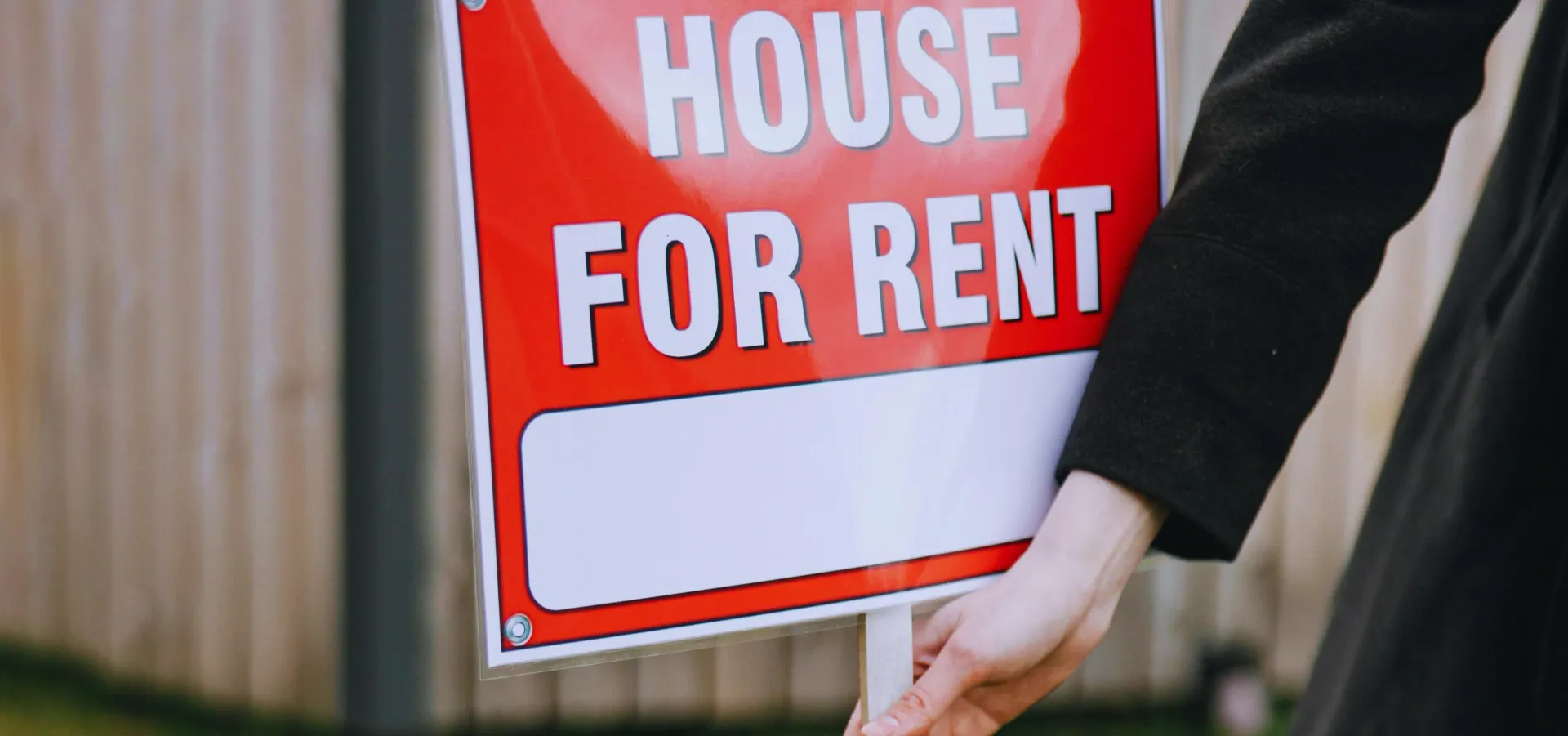How Economic Trends Shape the Real Estate Market
The real estate market is like a mirror to the broader economy. Whether it’s a booming job market or a looming recession, the property landscape shifts dramatically in response. From mortgage rates to home prices, economic trends shape every decision buyers, sellers, investors, and Realtors must make. Understanding how these economic shifts play out isn't just smart—it’s essential.

Understanding the Economic-Real Estate Nexus
The real estate market doesn't exist in a bubble. It rises, falls, and transforms based on economic indicators like inflation, interest rates, and employment levels. Think of it this way: when the economy sneezes, real estate often catches a cold. Or, on a brighter note, when the economy heats up, housing markets usually catch fire too.
It’s not just a one-way street, either. Real estate can influence the economy, especially in cities where construction, property taxes, and housing affordability play significant roles in local financial ecosystems.
What Is the Real Estate Market?
Real estate, broadly speaking, includes residential, commercial, industrial, and land sectors. But when we refer to "the real estate market," we typically talk about trends in residential and commercial property values, sales volume, and rental rates.
Buyers and sellers aren't just reacting to property features—they’re responding to job security, interest rates, consumer confidence, and government policies. Essentially, the market is an emotional and financial cocktail stirred by economic shifts.
Key Economic Indicators that Influence Real Estate
Several key economic metrics offer clues about real estate’s trajectory. These include:
- Gross Domestic Product (GDP): Reflects overall economic health
- Unemployment Rate: Affects income stability and buying power
- Interest Rates: Determines affordability of mortgages
- Consumer Price Index (CPI): Measures inflation, influencing costs
- Housing Starts: Gauges future supply based on construction
- Stock Market Trends: Affects investor confidence
These indicators are the compass for predicting where the real estate ship is headed.
Understanding Supply and Demand in Real Estate
At its core, real estate obeys the basic law of supply and demand. When economic growth stimulates job creation and income, housing demand tends to surge. Conversely, if construction can't keep up, prices shoot sky-high. Add inflation or interest rate hikes, and things can spiral quickly—just like what happened during the housing bubble before 2008.
How GDP Growth Shapes Housing Trends
A growing economy typically brings rising wages, low unemployment, and increased consumer spending. When GDP trends upward, real estate often enjoys heightened demand, especially in urban centers. Developers seize the momentum, building more homes and commercial spaces. However, GDP growth must be sustained and inclusive—otherwise, affordability gaps widen.
The Role of Interest Rates in Real Estate
Interest rates are the lifeblood of the real estate market. Set by central banks, they directly impact mortgage rates. Low interest rates reduce monthly payments, attracting more buyers into the market. On the flip side, rising rates push many potential homeowners to the sidelines, cooling demand and slowing price growth.
When the Federal Reserve makes a move, the ripple effect on the housing market is immediate—and often dramatic.
Inflation's Impact on Property Values
Inflation erodes purchasing power but can push real estate prices up. Why? Because real estate is a tangible asset that generally appreciates with inflation. While this might benefit investors, it can strain first-time buyers.
Moreover, inflation drives up construction and maintenance costs, further escalating property values and rental rates.
Employment Rates and Their Influence on Housing Demand
Job creation fuels housing demand. When employment is high, more people qualify for mortgages. Cities with booming industries like tech or finance often experience real estate booms. Conversely, a spike in unemployment can trigger defaults, foreclosures, and declining home values.
Thus, a healthy labor market usually translates to a vibrant real estate sector.
Consumer Confidence and Home Buying Behavior
Confidence breeds action. When consumers feel optimistic about their financial future, they’re more likely to invest in real estate. The Consumer Confidence Index (CCI) serves as a psychological thermometer. A dip often correlates with market stagnation, as uncertainty makes people hesitant to commit to large purchases like homes.
Government Policy and Tax Incentives
From tax deductions on mortgage interest to stimulus checks and first-time buyer credits, government policies can either invigorate or suppress the housing market. For instance, the 2009 First-Time Homebuyer Credit spurred massive buyer activity.
Local zoning laws, property taxes, and rent control policies also dramatically affect the feasibility and attractiveness of real estate investments.
Central Bank Strategies and Mortgage Markets
When the Federal Reserve enacts quantitative easing or tightens monetary policy, the mortgage market feels it. Central banks essentially set the stage for borrowing costs. During the COVID-19 pandemic, near-zero rates and aggressive stimulus measures fueled a homebuying frenzy.
As rates normalize, expect the real estate market to recalibrate.
The Impact of Stock Market Trends on Real Estate
Bull markets boost investor confidence. Wealth accumulation in equities often spills into real estate. Investors diversify into rental properties, vacation homes, and commercial assets. However, a sharp stock market downturn can freeze real estate activity as liquidity dries up and sentiment turns sour.
Foreign Investment and Economic Globalization
Global capital doesn’t stay still. International buyers, especially in major cities, play a pivotal role in local real estate dynamics. When foreign economies slow, capital often flows into stable markets like U.S. real estate. Currency exchange rates, political stability, and immigration policies also influence these decisions.
Credit Availability and Mortgage Approvals
Banks are the gatekeepers of real estate access. When credit flows freely, more people can buy. But after a financial crisis or during regulatory tightening, banks often raise lending standards. This shrinks the buyer pool, cooling the market.
Access to FHA loans, subprime lending trends, and mortgage-backed securities all tie into this crucial dynamic.
Residential vs. Commercial Market Sensitivities
Residential and commercial real estate react differently to economic shifts. While job growth spurs both, consumer confidence and household income are more critical for home sales. On the other hand, commercial markets depend on business health, retail spending, and office demand.
For example, during the pandemic, residential markets soared while commercial real estate—especially offices—took a hit.
Luxury Real Estate and Economic Booms
High-net-worth individuals often invest in luxury homes during economic upswings. These assets become both a lifestyle statement and a wealth preservation tool. Think beachfront villas, penthouses, and custom-built estates. But when the economy contracts, luxury markets cool faster than others.
Affordable Housing and Economic Contractions
Affordable housing becomes a lifeline during downturns. As unemployment rises, more people seek rentals or downsize. Developers, however, often avoid low-margin affordable projects unless incentivized. This mismatch creates severe shortages, highlighting the need for targeted policy interventions.
Housing Market Reactions During Economic Crises
Each crisis brings a different lesson. The Great Recession was rooted in real estate excess and lending abuse. In contrast, COVID-19 was a health crisis that catalyzed remote work, reshaping where and how people live.
In both cases, the market reacted sharply—but with different long-term outcomes.
The 2008 Housing Crash: Lessons Learned
Few events illustrate the dangers of economic-ignoring exuberance like the 2008 crash. Loose lending, speculative buying, and a lack of oversight led to a massive collapse. Millions lost homes, and it took years to recover. The key takeaway? Sound fundamentals and responsible borrowing are non-negotiable.
COVID-19’s Long-Term Impact on Real Estate
The pandemic accelerated trends like remote work, online shopping, and urban flight. Suburbs and rural areas saw price hikes, while cities with high living costs faced declines. Commercial office spaces struggled, pushing developers to rethink mixed-use and multi-functional buildings.
Interpreting Economic Reports for Real Estate Insights
Investors and homebuyers should monitor:
- Fed announcements
- Jobs reports (NFP)
- CPI and PCE data
- Building permit stats
- Home sales reports
These insights guide better decisions and identify turning points in the market.
The Power of Predictive Analytics in Real Estate
AI and data tools now allow us to forecast housing prices, rental trends, and even neighborhood gentrification. Platforms are merging economic data with user behavior to deliver smarter, faster investment decisions.
Forecasting Future Market Movements
Forecasting isn’t fortune-telling—it’s strategic analysis. By combining economic trends, historical data, and market signals, investors can anticipate shifts. For example, rising rates usually slow demand, but if wages rise too, the market may hold steady.
How Investors Navigate Economic Cycles
Experienced investors adopt counter-cyclical strategies—buying during downturns and selling during peaks. They also diversify portfolios across property types and geographies to spread risk.
Timing the Market: Myth or Strategy?
Some say “don’t time the market.” Yet, knowing when to enter or exit based on economic signals isn’t just savvy—it’s necessary. While perfection is elusive, educated timing increases ROI and reduces exposure.
Real Estate Portfolio Diversification During Volatile Times
Diversification is the golden rule. Include residential, commercial, REITs, and geographical variety. When one sector lags, another can buoy your returns.
Urbanization Trends and Economic Activity
Urban areas tend to weather economic storms better due to diversified economies and demand. However, economic downturns can slow migration, delay developments, and increase vacancy rates in cities.
Regional Economic Disparities in Real Estate
Not all regions respond the same. While tech hubs like Austin or Seattle thrive during booms, manufacturing towns may lag. Local economic drivers matter just as much as national ones.
Global Economic Events and Local Housing Markets
Events like Brexit, trade wars, or China’s economic slowdown send ripples across the globe. In interconnected markets, a hiccup abroad can affect home values at home.
Role of a Realtor During Economic Transitions
In turbulent times, experienced Realtors become invaluable. They interpret market signals, offer guidance, and shield clients from emotional decisions. Having a professional at your side is not a luxury—it’s a strategic advantage.
The Importance of Economic Literacy for Homebuyers
Understanding economic basics helps buyers make better decisions. Whether it's reading a Fed statement or interpreting an inflation report, informed buyers avoid regret and optimize investment outcomes.
How Fintech and PropTech Respond to Economic Shifts
Startups now offer instant home valuations, AI mortgage approvals, and blockchain-based titles. These innovations adapt quickly to market conditions, offering speed and transparency in uncertain economic climates.
Blockchain and Real Estate During Economic Fluctuations
Blockchain ensures secure, decentralized property records, reducing fraud and increasing trust—especially critical when markets are volatile.
Emotional vs. Rational Decisions in Uncertain Economies
When uncertainty reigns, emotions take over. That’s when mistakes happen. Buyers overpay. Sellers panic. But with data, discipline, and guidance, these pitfalls can be avoided.
Generational Differences in Reaction to Economic Changes
Millennials embrace remote work and value experiences over square footage. Boomers prioritize equity and stability. Gen Z? They might redefine real estate altogether, valuing digital assets and flexible living.
What Homebuyers Should Watch in the Economy
Keep an eye on:
- Fed interest rate decisions
- Job market trends
- Inflation forecasts
- Local economic development plans
These shape affordability, value, and opportunity.
What Sellers Need to Know About Economic Conditions
High inflation? Raise prices wisely. Rising rates? Expect fewer offers. A booming economy? It might be your best window to sell.
Using Economic Indicators Before Making Investment Decisions
Before you invest, check:
- GDP growth rates
- Consumer confidence
- Inventory levels
- Rental demand indicators
Data-driven decisions outperform gut-driven ones.
FAQs
How does inflation affect home prices?
Inflation usually pushes home prices up but can reduce affordability due to higher mortgage rates.
Can you buy a house during a recession?
Yes, and often at a discount. However, financing may be harder to secure.
Do low interest rates always mean a good time to buy?
Not always. Prices may be inflated, and competition fierce during rate dips.
What economic indicators should real estate investors follow?
Watch interest rates, employment data, CPI, and housing starts.
How do job markets impact local housing?
Strong job markets drive demand, while job losses trigger price drops and foreclosures.
Why do housing bubbles happen?
Easy credit, speculative buying, and investor overconfidence can create unsustainable price growth.
Conclusion: Navigating Real Estate Through Economic Trends
Economic trends are the silent architects of the real estate market. From rising inflation to shifting interest rates, every economic wave influences where we live, how we invest, and when we act. By staying informed and working with experienced professionals, like your local Realtor, you can make smarter, more confident decisions—no matter the market mood.
Links











